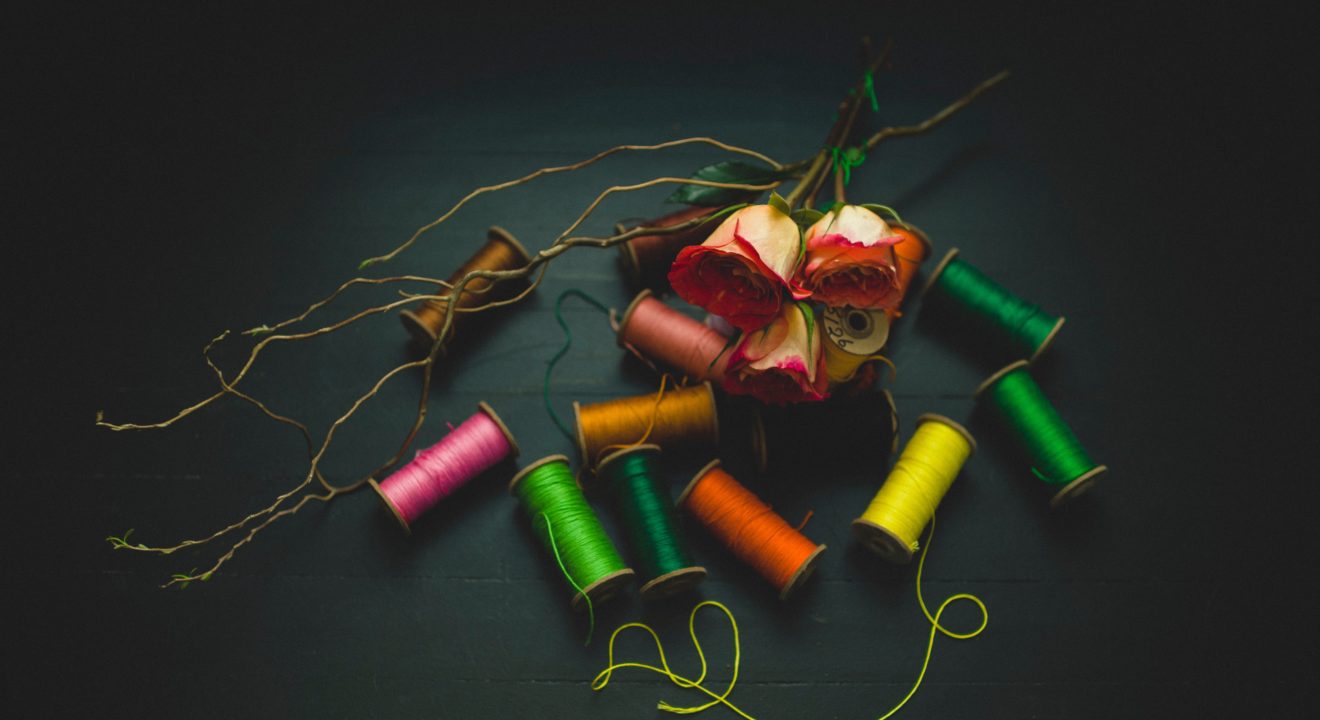Culture August 16, 2018
The untold story of female artisans in India.


“Connecting Thread: Unleashing India,” a documentary film directed by Amy Berg, highlights the lives of female artisans living in rural India. Each woman works to support their families by designing and embroidering clothing.
The Cannes Film Festival synopsis states that UNLEASHED, the foundation behind the film project, has employed 42 different female artisans. The non-profit sets out to support these women and their creations.
There are few opportunities for women of lower socioeconomic classes, so acting as the breadwinner of their families is no small feat. The women in the documentary embroider fabric as a means of generating income for their siblings or parents. Read on for a closer look at this short and these women.
“Connecting Thread: Unleashing India” displays the lives of many female artisans, but it specifically follows the artist Gudia Khan. At the beginning of the short film, she explains her familial responsibilities, revealing that her dream is to buy a family home so her brother can marry.
Her story touches on a number of deeply rooted issues that affect women all around the world: illiteracy, inequality and sexism. Denied formal education, Khan shows her determination to survive through her ability to create intricate threaded clothing.
Gudia Khan eventually makes her way to 2017 FDCI Amazon India Fashion Week in Delhi to help showcase the UNLEASHED organization’s women’s empowerment project. As she travels from her home in Bareilly to the urban, expensive hotel in Delhi, Khan steps into a new world. It’s a captivating and uncomfortable moment for the audience, and it allows us to reflect on the film’s message.
The film introduces three women living in India who were hired by the UNLEASHED foundation. Each one briefly explains why they embroider. It becomes clear that the common thread is family.
Fulwano Noor Bano is approximately 18 or 19 years old, and she has two young sons. She embroiders to financially support their education.
Nazama Begam also beads for education purposes. She hopes that her daughters, who are still finishing their studies, will pursue successful careers. One of her daughters wants to be a doctor or a lawyer. She states, “After I finish my studies, I will relieve my mother from this work.”
On top of her dream to buy her brother a house, Khan also embroiders so she can buy her mother’s medication. Due to her family’s inability to pay for medicine, they lost Khan’s father and brother to a treatable illness.
There is a brief section in the short that explains UNLEASHED’s role. The foundation paid female artisans 1.5 times their average wages and debuted their work at the 2017 FDCI Amazon Fashion Week. The film itself aims to spread awareness on the foundation and these women, which will hopefully help them attain steady financial support.
It’s heartening to see female entrepreneurs gain the resources for success. However, the short is only the first of a sequence. This unfinished “Connected Thread” film series has yet to reveal stories on other female artisans, the long-term plan for these women and how their lives are permanently affected.
Privilege. The concept is in nearly every shot.
It’s sobering to see Khan witness hotel luxuries for the first time. She and her mother become overwhelmed by the sharp contrast in lifestyle. With this in mind, the audience is quick to snort at well-intentioned Bollywood actress Nargis Fakhri’s attempts to relate to Khan.
Both Fakhri and Khan act as the financial support for their family. Upon hearing this, however, Khan tells her, “There’s a difference between us… You work in movies and your life is different.” It’s an important lesson for the audience to take away as well. We cannot pretend to fathom someone’s reality if their privilege is less than ours. In these endeavors, we have to be very transparent and acknowledge the systematic benefits we have.
It’s important to step out of our own shoes and understand the struggles of others. “Connecting Thread: Unleashing India” allows us to evaluate our own privileges and opportunities. Running water, education and job prospects are denied to women all over the world. It’s commendable to bring these women and their stories into the spotlight.